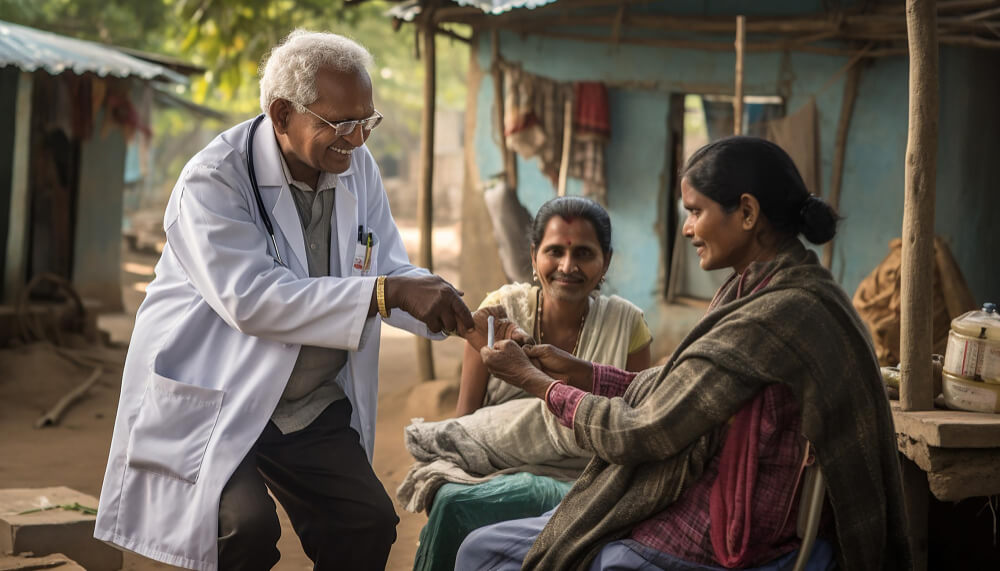Apeksh Trust play a critical and multifaceted role in healthcare, particularly in regions where access to quality healthcare services is limited or unavailable. They often fill gaps where governments or the private sector are unable to meet the health needs of vulnerable populations. Apeksh Trust work to improve health outcomes, provide direct care, advocate for health policies, and strengthen health systems in both emergency and non-emergency settings.
Here’s a detailed breakdown of the key roles Apeksh Trust play in healthcare:


© All Copyright 2024 by Apeksh Trust